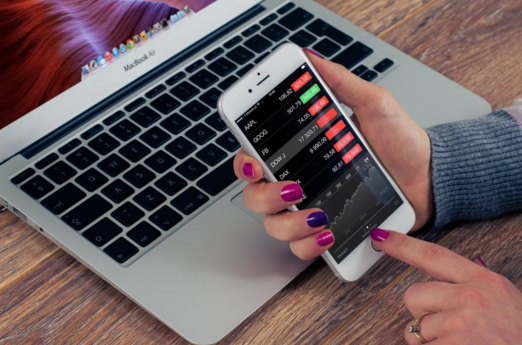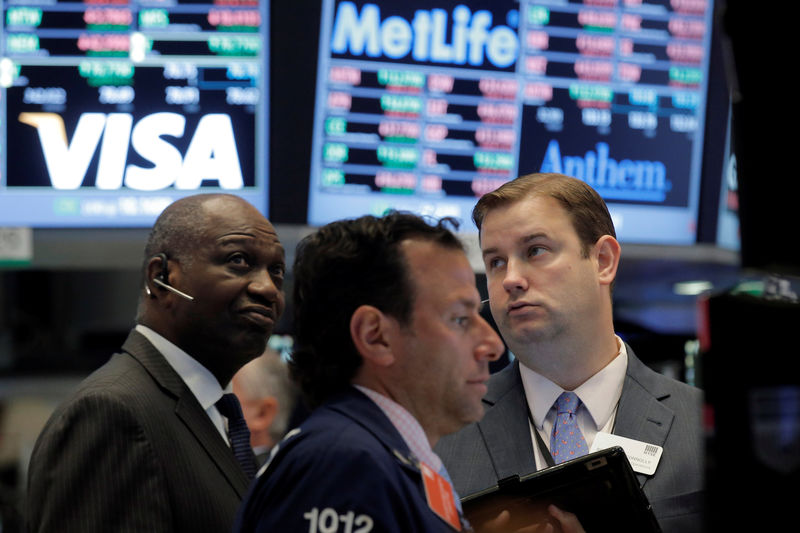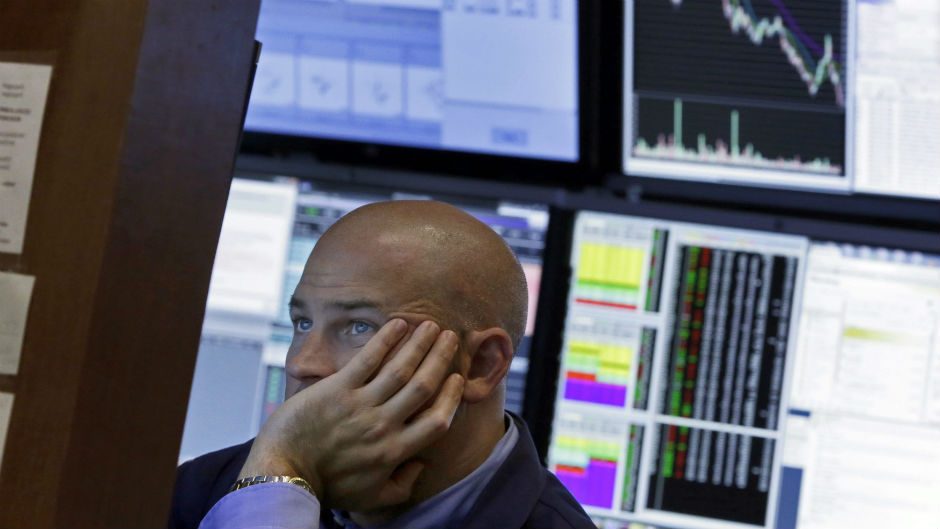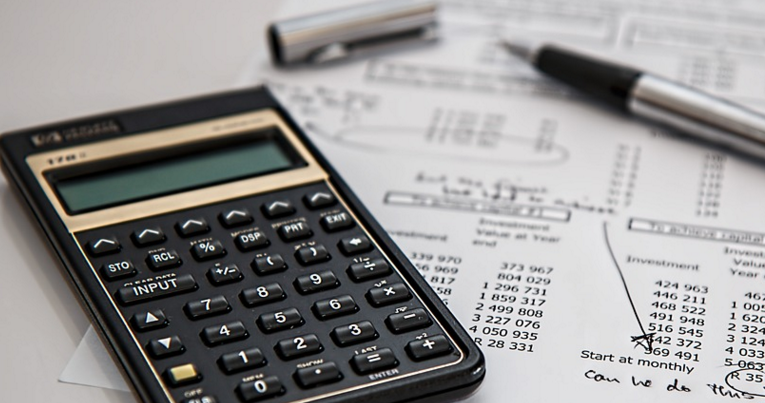Many people just don’t have the kind of earnings history that enables aggressive investing these days. If you aren’t as well-prepared for retirement as you should be then reinvesting your dividends can certainly help you bulk up your portfolio during your working years.
However, after retirement, you may find that the dividend distributions provide a much-needed income stream.
Here is another situation in which dividend reinvestment may not be the right choice is when an underlying asset is performing poorly. Since all securities experience ups and downs your dividend-bearing asset is no longer providing value, it may be time to pocket your dividends and think about making a change.
Also if the security value has stalled but the investment continues to look good and pay regular dividends which is needed income, then consider keeping your existing holding and taking your dividends in cash. This is because in the long term, companies or funds that are unable to generate positive returns for extended periods are likely to reduce or suspend dividends.
Reinvesting dividends over the long term certainly helps grow your investment, but just know that is only security. Sometimes, over the course of investing, you may find that your portfolio is weighted too heavily in favor of your dividend-bearing assets. This means it’s lacking diversification and you might need to look into rebalancing it.
So if you think it’s time to rebalance your assets to hedge against potential losses, you might want to consider taking your dividends in cash and investing in other securities.
Just remember that being attentive to the management of your portfolio is not just for the young. This is true even if you mainly invest in passively managed securities. Remember to keep a close eye on your dividend-bearing investments to assess which strategy is most beneficial.
Reinvesting dividends in a failing security is never a smart move, and an unbalanced portfolio can end up costing you if your primary investment loses value. So make sure you talk with an expert if you ever have questions.






